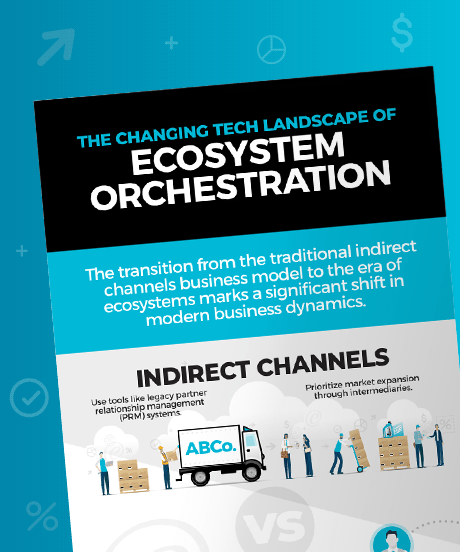A system of record (SOR) is a trusted software platform or database that serves as the official source of truth for critical business data. It provides a stable and centralized foundation for storing, retrieving, and managing key information over time.
As an information storage system, a typical SOR involves:
- Maintaining authoritative records for essential functions, such as customer details, financial data, or inventory levels
- Ensuring data integrity through secure updates, version tracking, and controlled access
- Supporting business decisions by offering reliable and up-to-date information
Companies depend on systems of record to create consistency across tools and teams. Rather than forcing departments to refer to separate spreadsheets or isolated databases, the SOR provides one unified source that supports day-to-day operations, long-term planning, and compliance requirements. When teams pull data from the same verified location, they avoid mismatches in reporting and reduce the risk of errors during audits or customer interactions.
A well-implemented system of record also plays a critical role in shaping broader technology strategy. For example, when integrated with analytics platforms or customer-facing tools, it helps ensure that business intelligence, automation, and personalization are all grounded in reliable data. This alignment allows organizations to make faster decisions and respond more effectively to market changes, while also helping them maintain trust in the accuracy of their core systems.
Centralize Ecosystems to Adapt to Market Trends

Infographic
The Changing Tech Landscape of Ecosystem Orchestration
The transition from the traditional indirect channels business model to the era of ecosystems marks a significant shift in modern business dynamics.
The new world of Ecosystem Orchestration fosters innovative, seamless collaboration and flexibility.
See the contrasts of Ecosystem Orchestration with the constrictions of traditional PRM and the impact of this implementation on your business.
